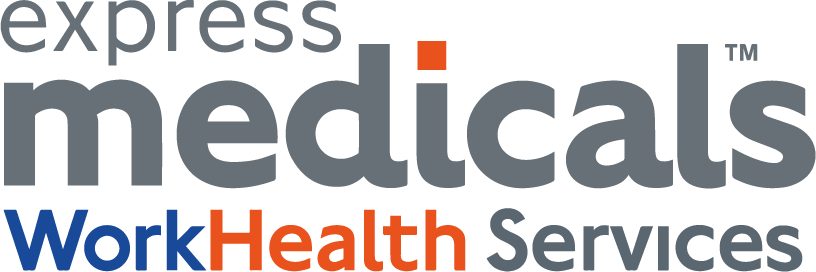Jeepers Creepers: How to protect those peepers
19-25 September 2022 is National Eye Health Week. We all know how important our eyes are, but not all of us understand what actions we can take to protect then. Eye disease can lead to vision loss, and with so many jobs dependent on good vision, eye health is of enormous importance for occupational health professionals.
1. Don’t skip your appointments
The NHS recommends that we get our eyes checked at the opticians every 2 years. Don’t think that just because you’re not a spectacles-wearer that you don’t need the visit! Your ophthalmologist will also examine your eye to check for glaucoma, macular degeneration, and cataracts.
2. Watch your weight
As is the case with most matters concerning disease prevention, a healthy, balanced diet is a top priority. Leafy greens and omega-3-rich fish (such as salmon or tuna) can be beneficial for your eye health.
Looking after your body with a healthy diet and regular exercise can prevent diabetes and associated eye conditions, as well as high blood pressure and cholesterol, all of which can cause diseases of the eyes.
3. Sunglasses – not just for looking cool
The sun’s UV rays, although often enjoyable, can be very damaging to your eyes. Wearing good quality sunglasses will reduce your risk of premature macular degeneration and cataracts. How do you know if the sunglasses are good quality? They should be labelled with their protection rating – you’ll want at least 75% UV protection, but the more the better.
Tip: Shape is as important as tint – if your sunglasses aren’t covering most of your eyes, they’re not protecting them.
4. Better safe than sorry – wear protective eye gear
If you’re in any environment where your eyes are at risk of projectiles – always wear safety goggles. This applies to many roles within construction or manufacturing, as well as sports like squash.
Tip: Employers have an obligation to provide Personal Protective Equipment (PPE), including safety goggles, where your assessments find any risk of injury
5. Stop smoking
Yes, a staple of all health advice lists. As well as all the other reasons to quit, smoking can increase your risk of age-related macular degeneration, cataracts, and other eye conditions. The smoke can also be highly irritating to the eyes.
6. Get to know your risk factors
More than 350 eye conditions are hereditary. If you can, talk to your family about their eye health and let your doctor or ophthalmologist know. Prevention and early identification of eye problems may save your vision.
Other risk factors for eye diseases include race, sex, age and a range of other medical conditions, so speak to your primary care physician to find out more.
7. Give your eyes a rest
Finally, an easy one we can all do. If you use screens (and who doesn’t these days?), follow the 20-20-20 rule, after 20 minutes of screen time, spend 20 seconds looking approximate 20 feet away.
